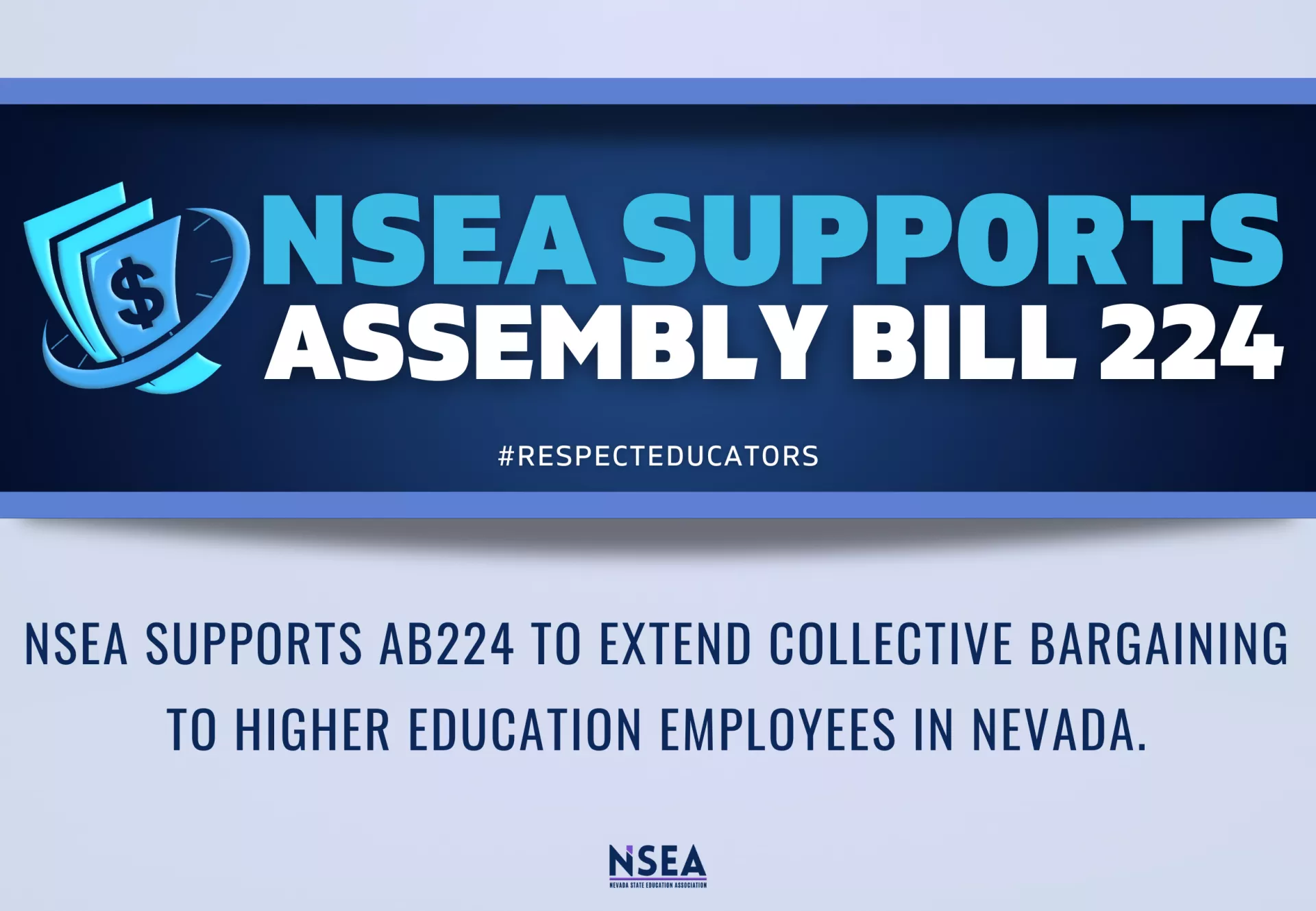Collective bargaining—a mutual exchange of positions followed by agreement—enables a group of employees with a “community of interest” to negotiate a binding written contract with an employer. It gives workers a voice in their workplace and has become a respected approach, valued by employees and employers in the private sector and throughout various levels of government. Effective bargaining is based on ideals that resonate with both workers and employers, such as working together to solve problems and treating each other with respect. Parties can exchange the frank views of their constituents as they explore and resolve the issues being bargained.
When labor and management can come to agreement on salary and benefits while also improving services delivered, everyone benefits. Meanwhile, collective bargaining is the most proven system for improving labor standards and quality of life for working people, delivering higher wages, benefits like healthcare and retirement, and safe and healthy workplaces. NSEA believes extending collective bargaining rights to employees in higher education will allow for a stronger collective voice when discussing important policies such as training, compensation, working conditions and diversity in the workplace.
